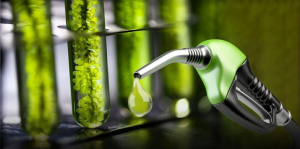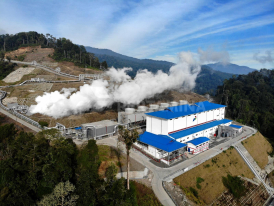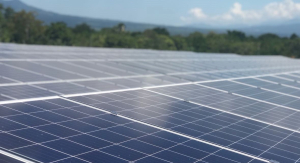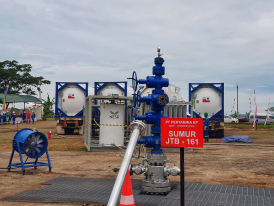Indonesia moves forward with sustainable aviation fuel development
Indonesia is moving towards a greener aviation industry, taking the initiatives to develop Sustainable Aviation Fuel (SAF) by using used cooking oil (minyak jelantah) to produce environmentally friendly jet fuel.
“Repurposing used cooking oil as aviation fuel is already common in neighboring countries like Malaysia and Singapore. This method is praised for its lower emissions compared to traditional fossil fuels,” Coordinating Minister for Maritime Affairs and Investment, Luhut Binsar Pandjaitan, said in his social media account as quoted on Wednesday, May 29, 2024.
He cited that Indonesia has the potential to supply one million liters of used cooking oil annually, with 95 percent currently being exported.
The development of a National Roadmap and Action Plan for SAF is crucial as Indonesia is projected to become the world's fourth-largest aviation market in the coming decades, according to the International Air Transport Association (IATA).
During a media briefing, Luhut emphasized the importance of this initiative. He noted that the country's aviation fuel demand is expected to reach 7,500 tons by 2030.
Pertamina, the state-owned energy company, has successfully tested SAF on CFM56-7B jet engines, proving its viability for commercial flights.
Luhut estimates that domestic and export sales of SAF could generate over Rp 12 trillion (US$739.14 million) annually.
The development of SAF not only meets industry needs, but also creates economic value and paves the way for further investments in biofuel refineries by both private and state-owned enterprises.
In line with global efforts to reduce carbon emissions, Luhut stressed the importance of SAF in ensuring an environmentally friendly future for Indonesia’s aviation industry. He announced plans to officially launch SAF at the Bali Air Show in September.
Pertamina has already made strides with the launch of its Sustainable Aviation Fuel in October 2023, in collaboration with national flag carrier Garuda Indonesia.
Nicke Widyawati, Pertamina's CEO, highlighted that developing SAF aligns with the company's commitment to energy transition and achieving Net Zero Emissions by 2060.
This initiative not only supports environmental goals but also boosts local industry and economy by utilizing palm oil components in the fuel.
Luhut concluded by affirming Indonesia’s commitment to reducing global carbon emissions through innovative and sustainable aviation solutions.
Tag
Already have an account? Sign In
-
Start reading
Freemium
-
Monthly Subscription
30% OFF$26.03
$37.19/MonthCancel anytime
This offer is open to all new subscribers!
Subscribe now -
Yearly Subscription
33% OFF$228.13
$340.5/YearCancel anytime
This offer is open to all new subscribers!
Subscribe now






